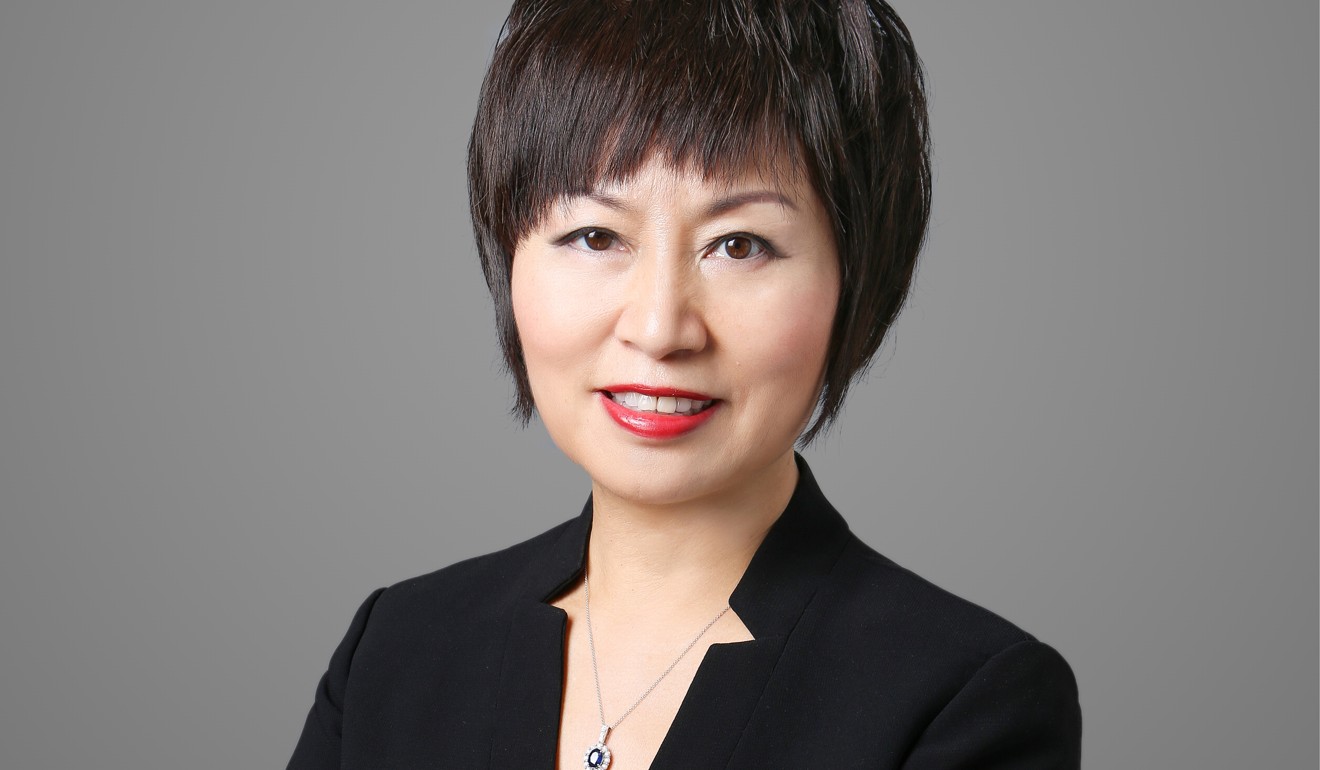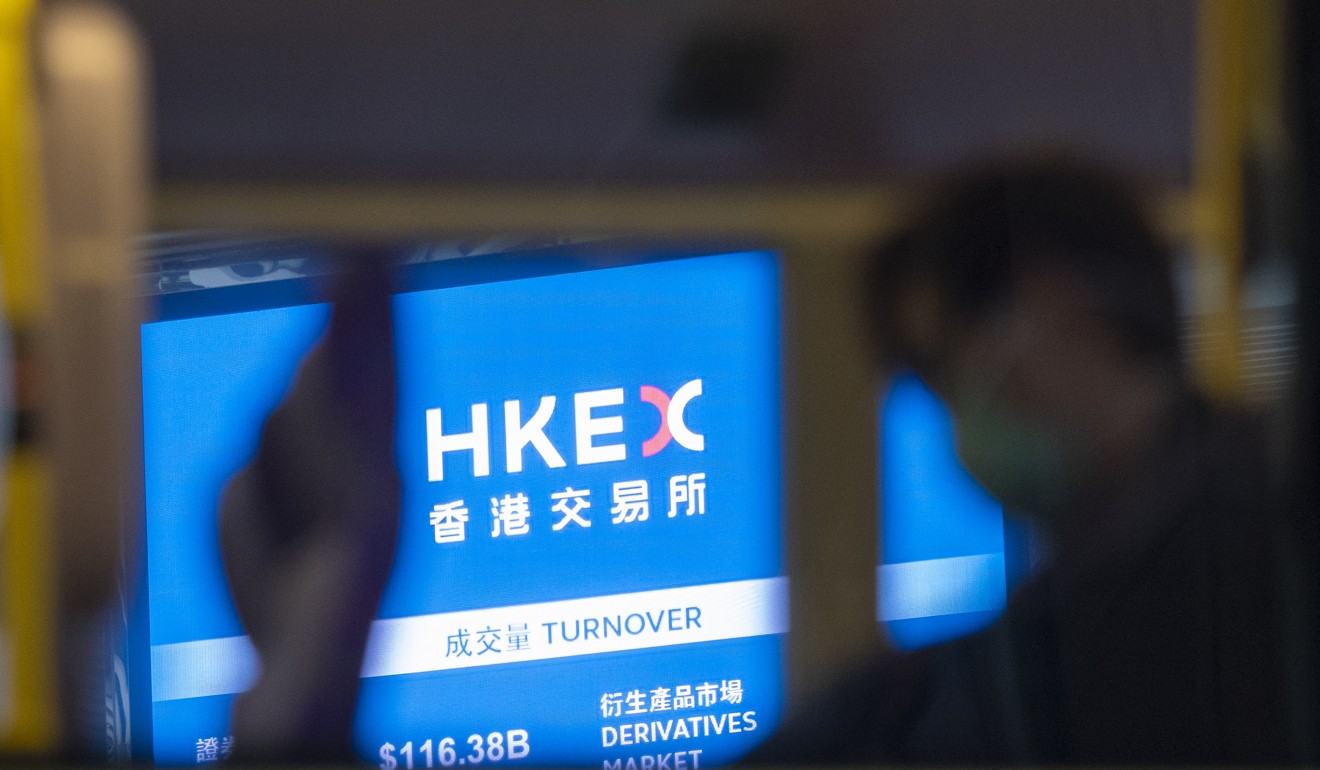
Chinese cancer drugs developer InnoCare raises US$289 million after Hong Kong IPO is nearly 300 times oversubscribed
- Retail investors subscribed to 7.48 billion shares, 298.75 times the shares offered to them, InnoCare said in a filing to Hong Kong exchange
- Co-founder and CEO Jasmine Cui Jisong said ‘very supportive cornerstone investors’ agreed to buy US$164 million worth of shares
InnoCare Pharma, a Beijing-based cancer drugs developer, has raised HK$2.2 billion (US$289 million) from its initial public offering after pricing it at the high end of the asking range. The IPO’s retail tranche was nearly 300 times oversubscribed after receiving strong subscription interest even as the coronavirus outbreak has set off the worst economic and stock market downturn in a decade.
“Our shares offering was well received by investors from all over world, including many long-term oriented institutional investors,” co-founder and chief executive Jasmine Cui Jisong told the Post in an interview. “They include some very supportive cornerstone investors.”
The cornerstone investors, bound by a six-month share sale moratorium from the time of listing, have agreed to buy US$164 million (HK$1.28 billion) worth of shares offered at HK$8.18 to HK$8.95 each, according to the listing prospectus.
Retail investors have subscribed to 7.48 billion shares, 298.75 times the shares offered to them, InnoCare said in a filing to Hong Kong’s bourse on Friday. Shares offered to international investors were “very significantly oversubscribed”, it added without giving a figure.

Asked why InnoCare decided to brave the volatile market conditions, Cui said as the audited financial reports and legal papers required for the IPO had already been prepared, the management decided that they would rather “get the IPO behind us so we can focus on the scientific projects”.
Innocare has nine novel drug candidates under human clinical trials. Phase two trials have been completed on lead prospect orelabrutinib for three types of blood cancers – chronic lymphocytic leukaemia, small lymphocytic leukaemia and mantle cell lymphoma, which belong to the broad category of non-Hodgkin’s lymphoma that accounts for some 90 per cent of such cases globally. The company is awaiting marketing approval from regulators.
Half of the listing proceeds will be used to fund the development of orelabrutinib in China and the US and the rest for developing other drugs.
Some 20,562 people in China were the drug’s “addressable” patients for the three diseases last year, which is expected to rise to 27,612 by 2025, according to market researcher Frost & Sullivan hired by InnoCare to do a study for its IPO prospectus. Their cancers have either reappeared after a period of remission or did not respond to treatments, and could potentially be “addressed” by orelabrutinib. An additional 58,915 patients in the US were “addressable” last year, rising to 68,523 by 2025.
The company is conducting clinical trials to prove safety and efficacy of the same drug for several additional types of blood cancers.
Orelabrutinib, if approved, is expected to face competition from US pharmaceutical giant Johnson & Johnson’s ibrutinib, Britain-based AstraZeneca’s acalabrutinib and Beijing-based BeiGene’s zanubrutinib.
J&J’s product was launched in China in 2017 and was included in the national health insurance’s drugs reimbursement scheme in 2018 after price negotiation with the authorities.

Cui said she is confident of orelabrutinib’s competitiveness given the clinical results showed it is effective on 90 per cent of patients.
Whether it will have to be priced at a discount to compete with ibrutinib depends on future safety and efficacy data, she added.
Clinical data of phase one and two trials have been submitted by InnoCare. If conditional marketing approval is granted, “confirmatory” phase three trials will be required, the prospectus said.
The coronavirus outbreak has only hampered its clinical trials’ progress by one month, and the firm has not adjusted its original completion date targets, Cui said.
How to conduct an IPO in volatile markets: keep it small and conference call investors
VC Asset Management managing director Louis Tse Ming-kwong said the strong response from many retail investors was probably driven by interest in pharmaceutical stocks amid the coronavirus pandemic.
“I would be cautious on this stock since the response could be driven by short term speculation, and half the shares are in the hands of the cornerstone investors,” he said.
Some 11 firms have listed under Hong Kong’s biotech listing regime since it was launched nearly two years ago, which allowed drug and medical device developers without profit or revenue to float shares.
Hangzhou-based Venus Medtech, China’s leading heart valve producer by implantation volume, was the last firm to list in Hong Kong in December under the regime.
The retail portion of its HK$2.4 billion IPO was 312 times oversubscribed, while the international tranche was “significantly subscribed”.

